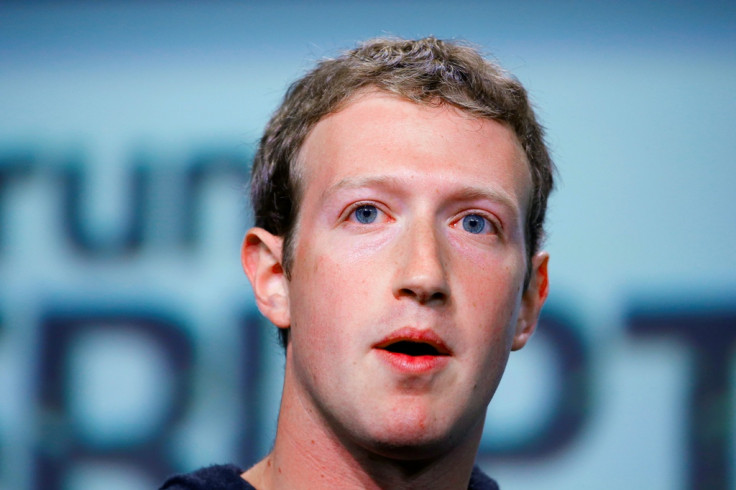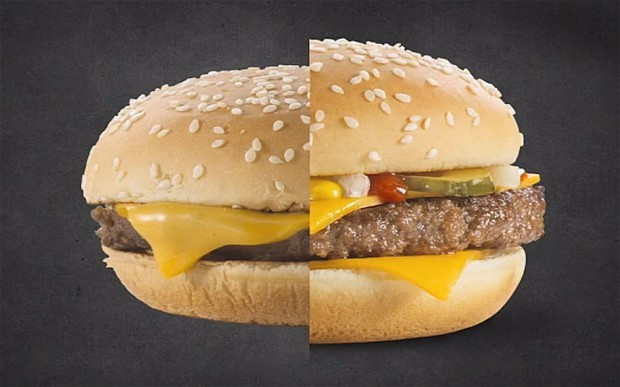Is Facebook's 'Emotional Contagion' Experiment Really That Big a Deal?

Social media enthusiasts were left "outraged" and "sickened" by Facebook's secret study that was conducted by manipulating the news feeds of thousands of users to see if it promoted certain types of emotional responses.
Following a backlash from the people that use the site, there was a predictable knee-jerk reaction from British politicians over the group's Emotional Contagion analysis, which was made public by the Proceedings of the National Academy of Science (PNAS) journal.
And of course a senior British MP called for a parliamentary investigation into how Facebook and other social media platforms manipulate emotional and psychological responses.
"This is extraordinarily powerful stuff and if there is not already legislation on this, then there should be to protect people," said Jim Sheridan, a member of the Commons media select committee.
"They are manipulating material from people's personal lives and I am worried about the ability of Facebook and others to manipulate people's thoughts in politics or other areas. If people are being thought-controlled in this kind of way there needs to be protection and they at least need to know about it."
Although engineers at Facebook have issued a public statement detailing the company's intentions behind the study, and blamed the PNAS journal for the way the experiment was presented, people are still spitting blood.
But is it really a big deal?
The Study Really is Nothing New
The idea that some dweeb in a hoodie in Silicon Valley was making our Mondays more miserable, by picking and choosing what will be presented on our newsfeeds, has seemed to have a struck a nerve with everyone. Well, almost everyone.
But is the "experiment" really any different to what we experience on a daily basis?
We already have tailored advertising for each of us based on our newsfeeds, from weight loss supplements accompanied by an emaciated celebrity, to dating websites showcasing the latest hot totty that master photoshoppers can muster.
Prior to the experiment, studies already showed that we are being emotionally manipulated on a daily basis, even if Facebook itself was not responsible.
One study by the University of Michigan revealed that Facebook causes depression, and the more someone uses it the more depressed he or she becomes.
"On the surface, Facebook provides an invaluable resource for fulfilling such needs by allowing people to instantly connect," said the lead researcher on the project, Ethan Kross.

"Rather than enhancing well-being, however, these findings suggest that Facebook may undermine it. We were able to show on a moment-to-moment basis throughout the day how people's mood fluctuated depending on their Facebook usage.
"We measured lots and lots of other personality and behavioural dimensions, like, for example, frequency of Facebook use, but none of the factors that we assessed influenced the results. The more you used Facebook, the more your mood dropped... The negative effect of Facebook use on happiness became more pronounced the more you interacted with other people within that time frame."
Technically one could argue putting us in a state of depression would undoubtedly influence our purchasing decisions and play into the hands of all the advertisers and retailers that flood our Facebook feed on a real time basis.
For example, Rik Pieters, a marketing professor at the Tilburg University in the Netherlands revealed, from a study that shopping performs a mood-altering function.
Many use shopping to help abate some of the feelings of depression but a "vicious cycle continues" when the purchaser realises they have spent hard earned cash on goods that they don't really need.
Don't Be Naïve
Facebook said in its statement that it conducted the study for a variety of reasons, some of which are touched upon in this article.
"The reason we did this research is because we care about the emotional impact of Facebook and the people that use our product," said Adam Kramer, one of Facebook's developers.
"We felt that it was important to investigate the common worry that seeing friends post positive content leads to people feeling negative or left out."

"The goal of all of our research at Facebook is to learn how to provide a better service. Having written and designed this experiment myself, I can tell you that our goal was never to upset anyone," added Kramer.
"I can understand why some people have concerns about it, and my co-authors and I are very sorry for the way the paper described the research and any anxiety it caused. In hindsight, the research benefits of the paper may not have justified all of this anxiety."
We may feel duped by the experiment, which was conducted in 2012, but is it really any different to how advertisers and the media manipulate our emotions towards products, events, political parties et al. on a daily basis?
For example, take a look at this infographic – it pretty much shows how the biggest companies in the world dress up and manipulate our opinions on the products we buy, the places we stay, or brands that we are loyal to.

A good example is the diet industry: it doesn't generate billions for companies by telling us we are OK just the way we are.
However, some beauty companies have actually amended their strategy and done just that - put out schmaltzy, Upworthy-esque videos and campaigns to make us become more trusting of certain brands.
Every day we are greeted with photoshopped beauties or celebrities who promise that they are "just lucky to be thin" or that can get a six-pack by doing only seven minutes of sit ups a day.
Visual coercion of this kind really works on people, making them spend a fortune on supplements and gimmicks that they don't need. It's an industry that makes money out of our own sense of inadequacy, while exacerbating these feelings.
Meanwhile, media outlets with a political bias choose to renose statistics or pump out stories that fit into their agenda on a daily basis. Do you think that public opinion would be as strong towards certain parties without it? I thought not.
So, when we look at how Facebook has crafted this so-called 'creepy' emotional experiment, are they really playing with fire and are we really any more "damaged" from the study?
Not really - it was just a marketing research ploy that was explained very, very badly.
© Copyright IBTimes 2025. All rights reserved.






















